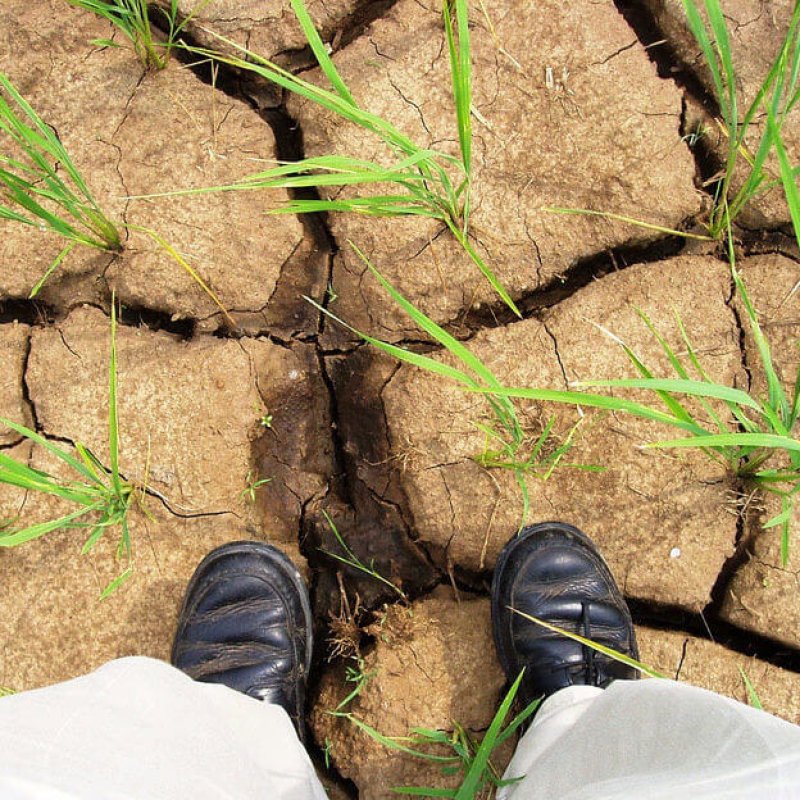Scientists at the RIKEN Center for Sustainable Resource Science in Japan have found that the protein NGA1 is critical for plants to have normal responses to dehydration. In plants, dehydration response is regulated by the hormone abscisic acid (ABA). Successful rehydration requires accumulation of ABA during the early stages of dehydration, among other things. While scientists know how ABA does its work, they did not know much about how ABA begins to accumulate in response to dehydration stress. RIKEN scientist Hikaru Sato and his team screened 1,670 transgenic plant lines and performed a series of experiments to address this issue.
The team found a plant line with an overexpression of NGA with a chimeric repressor domain which resulted in reduced levels of the enzyme NCED3 during dehydration stress. This was very promising because plants need NCED3 to make ABA. The team hypothesized that NGA was a transcription factor that could control the production of NCED3, and ultimately the biosynthesis of ABA. They also found out that there is a whole family of NGA proteins, and showed that all of them bind to the region of the NCED3 gene that triggers its transcription.
The researchers then created transgenic plants for each member of the NGA family and found that NGA proteins are naturally found in different parts of plants, with different expression patterns during dehydration stress. The timing of NGA expression also varied among different plant lines which meant that not all of them function the same way during drought stress. From the mutants they created, they found that after withholding water until the plants withered, NGA1 mutants remained dried up and could not be revived through rehydration. All the other mutants could be rehydrated.
Read the research results published in PNAS.
Read full, original article: SCIENTISTS DISCOVER GENE REGULATOR THAT ALLOWS PLANT TO REHYDRATE AFTER DROUGHT































